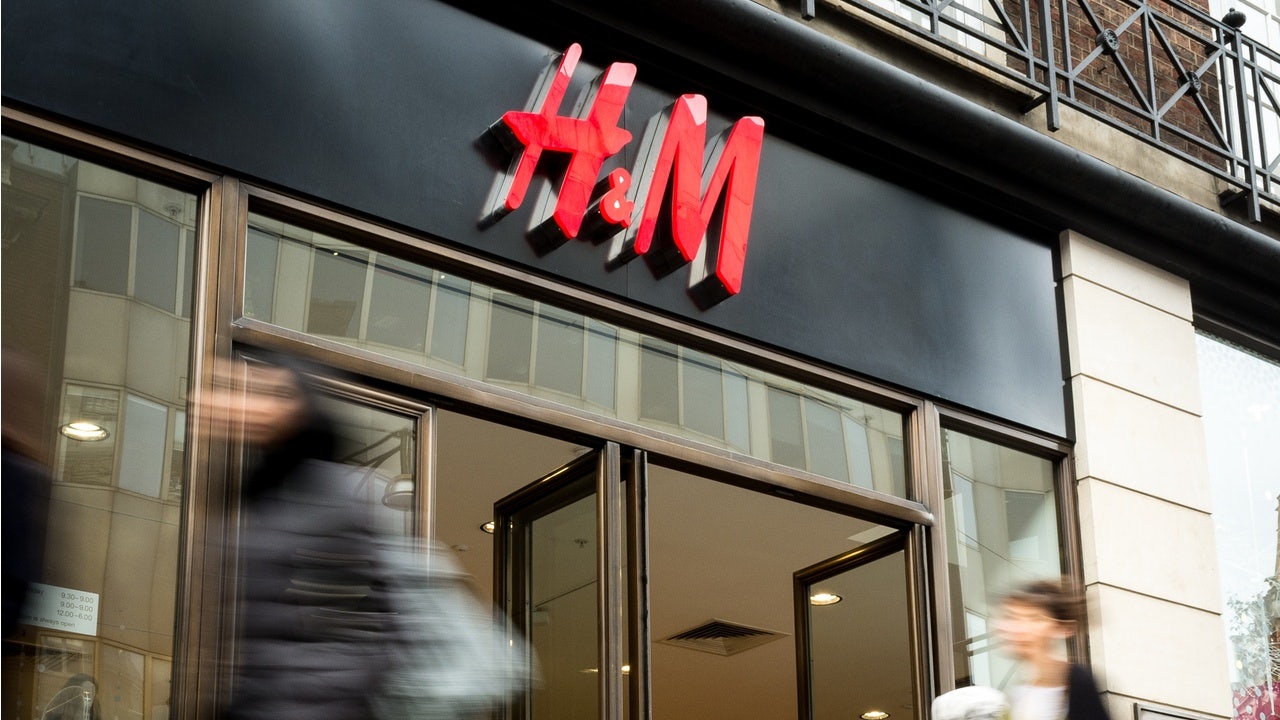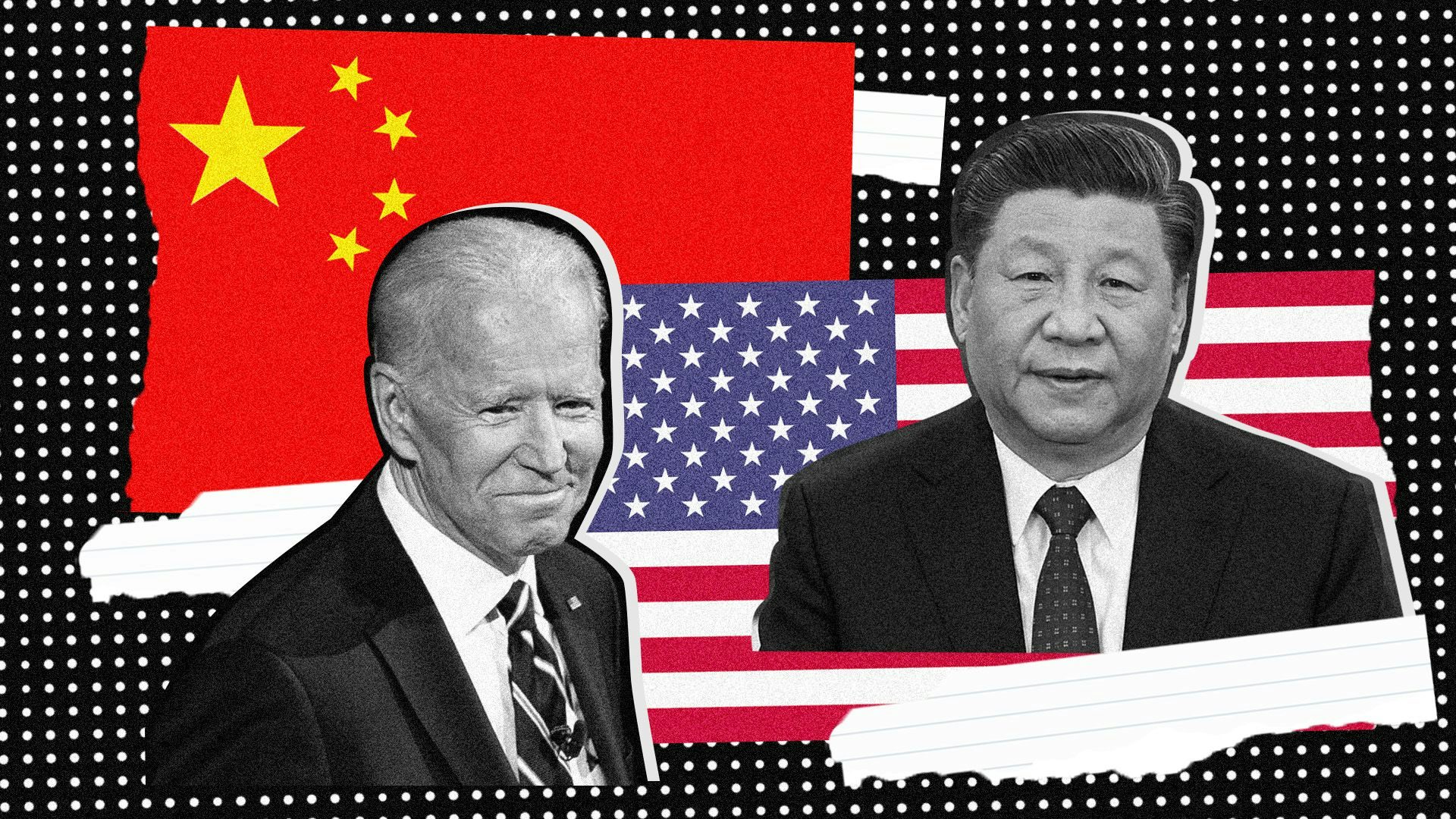What happened
After some international fashion companies — H&M, Burberry, Nike — voiced their concerns about cotton sourced from the Xinjiang region in China, they suffered a startling quick nationalistic backlash. Meanwhile, several competing Chinese apparel companies seemingly gained from the situation, posting wildly positive performances in the stock market in the last three days.
Shanghai Metersbonwe Fashion & Accessories Co. and Ribo Fashion Group Co. each grew a whopping 33 percent after Chinese netizens called for the cancellation of H&M (to date, six H&M stores have already been shut down in the mainland), which later spread to a boycott against other international brands, including Burberry and Nike. According to Bloomberg, which emphasized the “the speculative nature” of the rally in the Chinese apparel stocks, Shanghai Metersbonwe announced in October that it will post a loss of 820 million yuan (125 million) for 2020, and Ribo Fashion issued a profit warning in January. “The speculative buying on nationalist sentiment is irrational and would be unsustainable,” Zhang Gang, an analyst at Southwest Securities Co. told Bloomberg.
The Jing Take
This is not the first time that Chinese stocks have rallied following a boycott encouraged by the government. Last July, a front-page editorial in the state-owned China Securities Journal said that fostering a “healthy bull market” is important. The Shanghai stock market jumped 5.7 percent after the news was published. China, however, is not the only country where government-backed entities have used their power to influence the market or call for boycotts on international brands.
In 2020, for example, President Recep Tayyip Erdogan, called on Turks to boycott French goods over French President Emmanuel Macron’s “hostile stance” and remarks on Islam. The “boycott approach” was also used in India after the killing of twenty soldiers at the border site in the Himalayan Galwan Valley. A central Indian minister called for a boycott of restaurants selling “Chinese food” and “by all accounts states and public sector companies have been reportedly asked to desist from issuing new contracts to Chinese companies,” the BBC reported. And the US, under the presidency of Donald Trump, used the same belligerent approach against China, urging his many, many Twitter loyalists to follow their “patriotic duty and buy their products at Walmart to punish China,” adding: “If you go to a GREAT AMERICAN STORE like Walmart, you’ll find lots of cheap sportswear, shoes, and other items for you and your family to enjoy. What better way to show China that we don’t need their dumb stuff!”
In broad terms, boycotts have provisional effects. After the initial animosity and anger phase, consumers tend to return to the products they love and enjoy — no matter where they come from. Moreover, despite a temporary drop in sales, boycotts have shown little impact on a company’s bottom line. Take, for example, H&M; China is H&M’s fourth biggest market, but it represents only 5.2 percent of the group's total sales in 2020. As harmful as the boycott in China is, H&M won’t change its stance because it has a global market of “progressive” consumers to satisfy, and it can’t displease the majority.
As for the recent jump in Chinese apparel stocks, this too is ephemeral. Seasoned investors understand the association between the current positive performance and the political hostility against foreign brands in China. Investors and analysts know that both the boycotts and stock jumps won’t have a lasting impact on the market — that it’s simply the cost of doing business in China. For Chinese consumers, the same could be true. Nike reportedly sold out its Air Jordan and Dunk Low sneaker release on Tmall, with more than 340,000 eager buyers.
The Jing Take reports on a piece of the leading news and presents our editorial team’s analysis of the key implications for the luxury industry. In the recurring column, we analyze everything from product drops and mergers to heated debate sprouting on Chinese social media.

